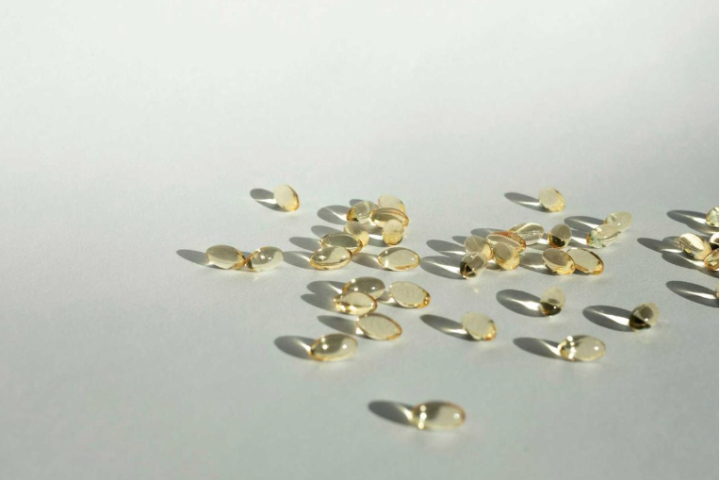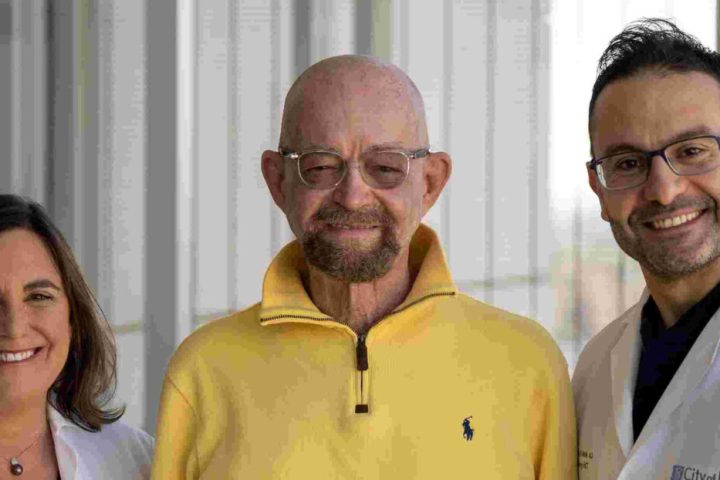Just because information is popular and widely shared does not mean it is true. Urban legends about cancer can also lead patients to death. Here are 13 myths about cancer and the ‘truths’ underlined by cancer experts…

For someone who has recently been diagnosed with cancer or is terrified of getting the disease, the world, especially social media, is full of scientifically incorrect information about how to avoid it, how to treat it and what to fear about it. Yet, to the disappointment of many experts, these myths remain attractive despite being debunked. These beliefs do not help patients cope with a cancer diagnosis and put their treatment at risk.
Oncologist Rachel Buchsbaum says, “When something triggers emotions, it can be hard to rationalize. Cancer is scary for people and families who have never experienced it before,” says oncologist Rachel Buchsbaum. “It’s hard to get the message across that today’s treatments and technologies are so much better than before. The fear of cancer is still so pervasive that they often continue to hang on to it.”
- Experts warn: Global food crisis could lead to new pandemics
- Juul brand electronic cigarettes banned in the US
Research shows that despite steady declines in cancer death rates in recent years, many still perceive cancer as a death sentence. Experts say this is not only wrong, but also dangerous if it leads to foregoing early detection and treatment.
Experts say many popular but incorrect assumptions about cancer cause unnecessary anxiety, sometimes leading people to ignore established prevention behaviors such as exercising, quitting smoking or avoiding the sun, which can lead to unwise treatment decisions.
Here are the most common urban myths about the disease and the ‘truth’ as told by cancer experts…
Cancer is always fatal
When cancer is diagnosed and treated early, full recovery can be achieved.
“Decades ago, people felt this way because mortality rates were higher and research and treatments were not as advanced as they are today,” says oncologist Karthik Giridhar. “Now we have treatments for prevention, early detection and surgery. The vast majority of people are surviving longer and living better, more productive lives.”
Cancer is always genetic
“Some cancers can run in families and put them at a much higher risk. But the reality is that cancer can occur at any time during a person’s lifetime,” says Nangia. “Most people who get cancer have no family history. However, it is important to identify families with inherited cancer syndrome genes that increase the risk of breast and ovarian cancer, such as BRCA1 and BRCA2. This way, family members can be screened more closely and have possible preventive treatments.”
Özyiğit underlined that individuals with breast cancer and prostate cancer in their first-degree relatives should be careful and said, “On the other hand, this does not mean that they will definitely get cancer. However, it is recommended to start screening programs early in individuals with a positive family history and to stay away from bad habits known to cause cancer.”

Everything causes cancer, so why bother trying to protect myself?
Özyiğit stated that not everything will cause cancer and said that the approach of ‘why should I protect myself?’ is gambling with life, “Because at least 30 percent of cancers can be prevented. It is estimated that at least one third of cancers worldwide are caused by tobacco products, alcohol, obesity, poor eating habits and some viruses. In other words, it is possible to reduce your risk of developing many common types of cancer with some very simple precautions.”
Chemotherapy has terrible side effects
“This is absolutely not true,” says Nangia. “Supportive care medicines are great right now and most patients are doing very well. It is not common for patients to have nausea that is not controlled by medication or serious side effects that cannot be treated.”
Today, patients can take medication before chemotherapy to prevent side effects such as nausea and vomiting, says medical oncologist Diane Reidy-Lagunes. “The most common side effect is fatigue, which builds up over time,” she says. “Some experts liken the treatment to a fight. When you first go down, you jump right back up. After the second or third time, you get up quickly anyway. When you reach the fifth or sixth hit, you get up more slowly, but you still get up.”
Living without knowing you have cancer is better than living with it
Özyiğit likened this way of thinking to sleeping with a poisonous snake under the same duvet every night.” If you have cancer, early detection is life-saving for most types of cancer. We don’t say ‘Don’t be afraid of cancer, be afraid of being late!
Eating sugar causes cancer to grow
“Cancer cells, of course, need sugar for energy. But they also need fat and protein as well as sugar. Excessive carbohydrate consumption increases obesity, especially in adults. We know that obesity is one of the factors leading to cancer. But this does not mean that sugar feeds and grows cancer.”
Deodorants cause breast cancer
“This is a myth that probably stems from the fact that women are asked not to use deodorant or antiperspirant when they have a mammogram,” says Nangia. “The reason women are told this is because deodorants and antiperspirants contain aluminum, which can mimic calcium on an X-ray or mammogram, which can affect mammogram results.”
“We have no clear data that deodorants cause cancer,” she says. “However, it is still worth being cautious, as these cosmetic products contain many different chemicals and require constant use.”

Pregnant women cannot receive cancer treatment
Stating that pregnancy can mask the symptoms of cancer and cause a later diagnosis, Öven said, “Especially after the first 12 weeks, when the baby’s organs complete their development, most chemotherapy drugs can be used as they do not adversely affect the baby’s development. However, smart drugs, radiotherapy and hormone drugs cannot be used during pregnancy because they are harmful to the baby.”
Dr. Özyiğit, on the other hand, said that radiotherapy will not be applied to cancer patients who are known to be pregnant, “If the delay in the application of radiotherapy carries a life risk for the mother with cancer and in early pregnancy months, the pregnancy should be terminated as soon as possible. If it is late in the pregnancy, it is recommended to deliver the baby by caesarean section and then administer radiotherapy.”
I don’t smoke, so I won’t get lung cancer
Stating that smoking is one of the leading risk factors for lung cancer, Öven said, “However, not every smoker gets cancer, and lung cancer can also be seen in non-smokers. In addition to smoking, other factors such as radon gas, asbestos exposure, air pollution, genetic predisposition, history of radiotherapy are also risk factors in lung cancer.”
Nangia said, “Non-smokers are much less likely to get lung cancer. But 10 to 20 percent of lung cancer is in people who have never smoked or smoked fewer than 100 cigarettes in their lifetime,” says Nangia.
Biopsy or surgery causes cancer to spread
Özyiğit said that cancer already spreads if left untreated due to its nature and added, “Cancer is already diagnosed by biopsy except in exceptional cases. On the other hand, surgery plays a vital role in many types of cancer. For example, surgery is a must in breast cancer. In short, not performing or delaying a surgical procedure that should be performed in cancer can cost your life.”
A lump in your breast always means breast cancer
Stating that a lump in the breast does not always mean breast cancer, Özyiğit said, “However, it is useful to be cautious in such cases. Because breast cancer is one of the most common cancers in women and it can be treated with early diagnosis. For this reason, we recommend that you see your physician without delay if you have lumps in your breast that are gradually growing or that you have not felt before.”
Hair does not regrow after chemotherapy
One of the hesitant side effects, especially for women, is hair loss and the fear that it will not come back. Experts say that this can take some time, but in most cases the hair returns, albeit with a different texture and even color.
“Chemotherapy works by attacking fast-growing cells,” says Reidy-Lagunes. “Cancer cells grow fast, but so do other cells, such as hair cells. Chemotherapy can cause hair to fall out on your scalp, eyebrows, eyelashes, arms, legs and pubic area. When your treatment is over, the hair will start to grow back. It can take three to five months for hair to grow back.”
Öven emphasizes that not all chemotherapy causes hair loss, “Hair loss is a reversible side effect and it starts to grow again 1-2 weeks after the treatment ends.”




